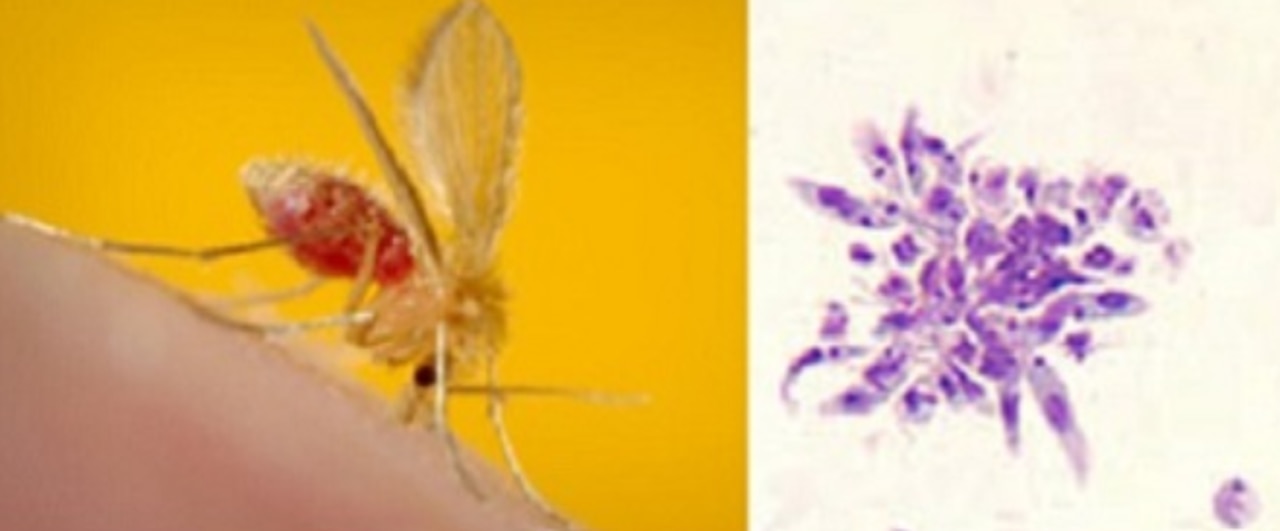Skin-disfiguring parasite may be present in Southern states, CDC warns
Once thought limited to overseas, a parasite that can cause a skin-disfiguring disease may be endemic in Texas and present in other southern states, the Centers for Disease Control and Prevention warns.
NBC News reported that from 2005 to 2019, the CDC has identified 1,222 cases in the U.S. that were positive for Leishmania, a parasite transmitted through the bite of infected sand flies. The parasite can cause the disease leishmaniasis, resulting in skin sores, some large enough to be disfiguring, and, in rare cases, fever, weight loss, swelling of the spleen and liver, anemia and death.
Leishmaniasis cases in the U.S. have typically been among those who travel to parts of Asia, the Middle East, Africa and some parts of Central and South America. However, the CDC said cases of leishmaniasis have also been acquired in Texas and Oklahoma and likely could be found in other Southern states.
Researchers said the strain of Leishmania found in the U.S. appears to be genetically distinct from travel-related cases, suggesting it is spreading locally, NBC News reported. There are anecdotal reports of local spread in Florida, but those cases haven’t been confirmed.
People become infected with Leishmania parasites through the bite of infected female sand flies, tiny creatures that are about a fourth of the size of a mosquito. The flies are usually most active in twilight, evening and night-time hours, do not make any noise and their bites can often go unnoticed at first. Sores from the bites can take as long as a few months to develop.
No vaccines or drugs to prevent infection are available and the CDC said the best way to avoid infection is to minimize outdoor activities, especially from dusk to dawn, and cover exposed skin if you are in a part of the world where leishmaniasis is found.
